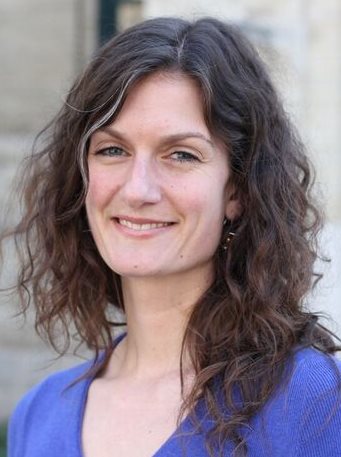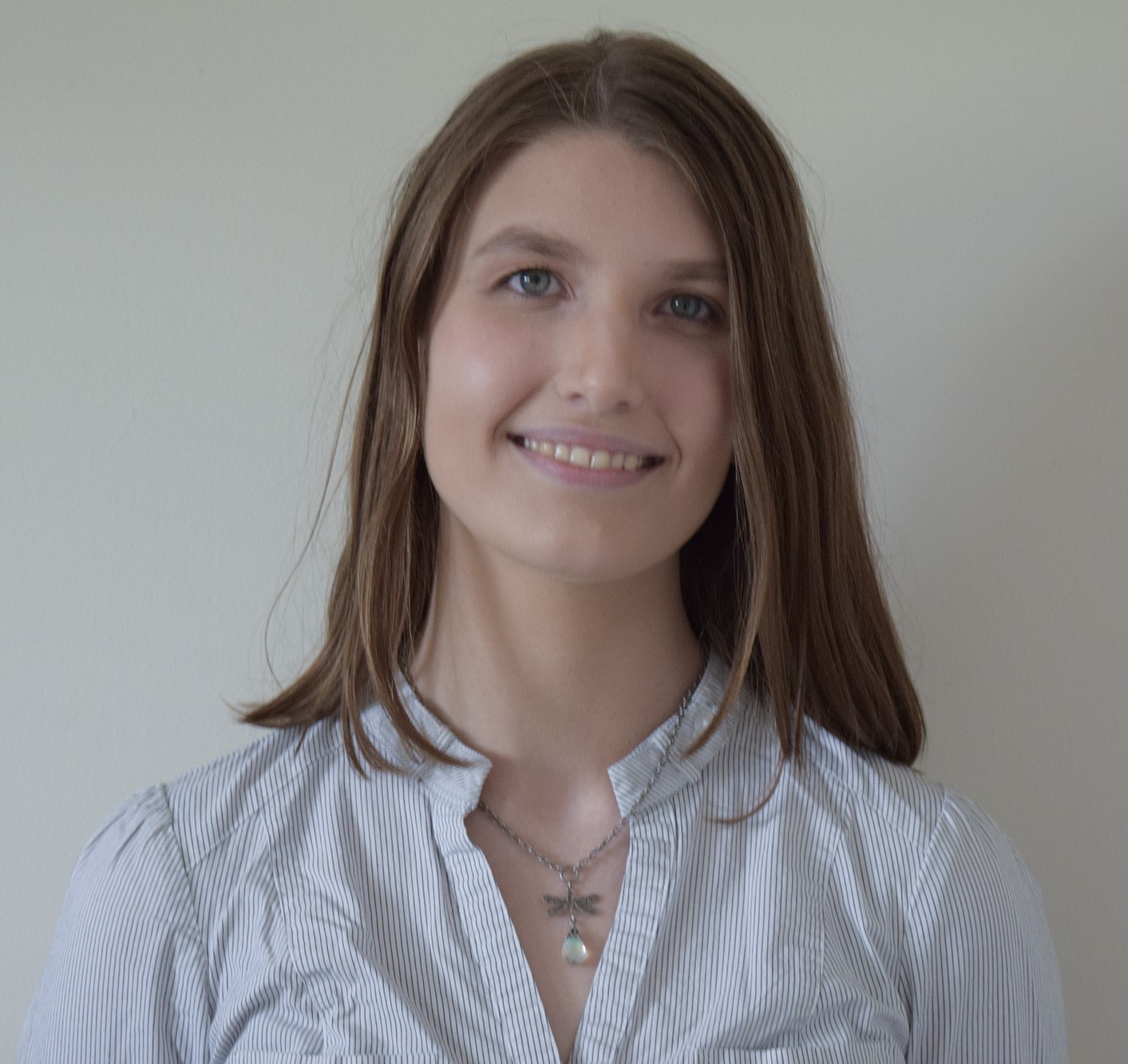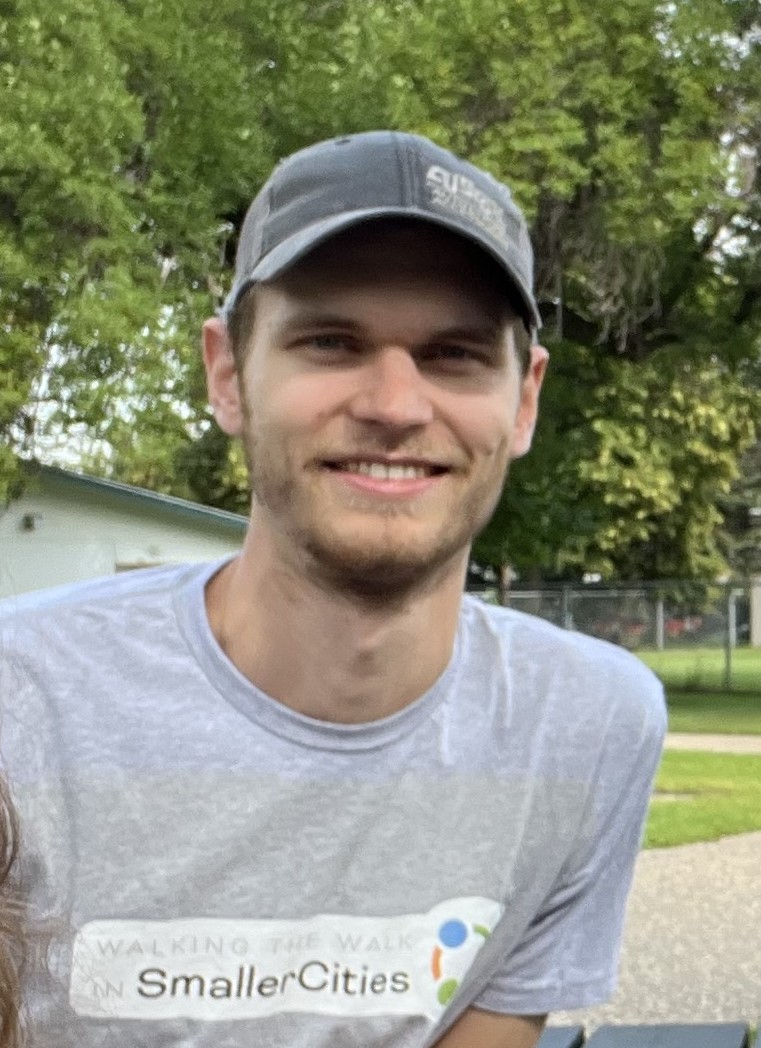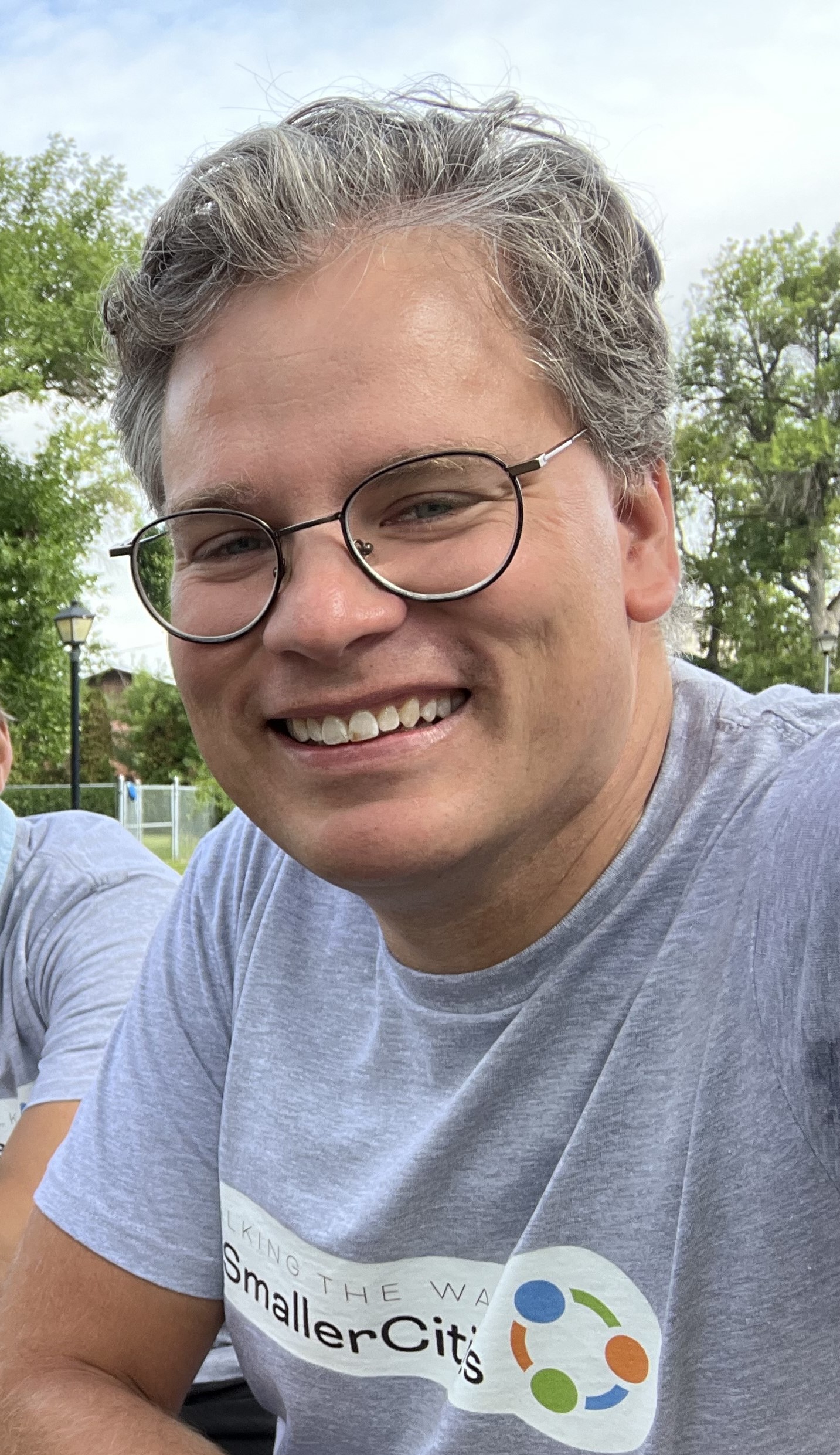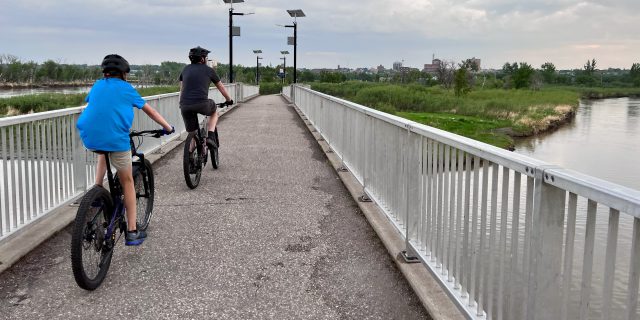
By
Rachel Herron, Madalyn Pryke, Jared Friesen, and Grant Hamilton
October 2023
Print Version
What you need to know
Public spaces and active transportation can promote the health of people, communities, and our planet. People in Brandon enjoy using public space in a variety of ways, and they want more flexible and accessible opportunities to use public space. Brandon’s public spaces need to be safe and accessible, support residents’ needs, and provide attractions/programming that help all of us connect with each other and our community.
Why this research is important
Public spaces, like parks, paths, streets, and sidewalks, are supposed to help people move and connect with others. One of the ways people do this is through active transportation like biking, walking, or using a wheelchair. Unfortunately, not everyone has the same ability to move around the city. Many people feel unsafe walking or biking around the city, and some have no choice but to walk or bike. Research has shown that active transportation initiatives often benefit those who already have health advantages because of their income, education, age, and access to resources. Groups who experience disadvantages must be included in planning active transportation and public space initiatives. Smaller cities also must be included in planning and evaluating active transportation and public space initiatives. Most research to date has focused on larger urban centers.
How this research was conducted
To learn how people in Brandon use/want to use public space and active transportation, we conducted an anonymous online survey and small group discussions called focus groups. We conducted focus groups in collaboration with Seniors for Seniors, Westman Immigrant Services, Manitoba Harm Reduction Network, and the Sexuality Education Resource Centre. A total of 199 people responded to the online survey, and 50 people participated in focus groups.
What the researchers found
Survey participants used Brandon's paths for walking, biking, running, scootering, skateboarding, rollerblading, skiing, sightseeing and connecting with nature. They also used public spaces for picnics, attending events, playing sports, sledding, practicing Tai Chi, connecting with the land, engaging in river activities, playing with their kids, visiting with family and friends, and walking their dogs. Of those who responded, 17% mentioned walking or biking to work, shop, or attend events. Many survey participants wanted to walk and bike more. They wanted paths that are “safe,” “intersecting,” “connected,” “family-friendly,” “accessible,” and “multi-use.”
Focus group participants used public space to play with children and grandchildren; enjoy food, coffee or tea; play sports; read; meet with other people; connect with the land and ancestors; and find peace. They emphasized the need for public spaces to provide shelter from the extreme heat and cold, offer places for rest, and include sanitation services (i.e., public bathrooms). Safety was a key issue in all focus groups, including traffic safety, downtown safety, bike safety and preventing bike theft. For many focus group participants, accessibility of public space and active transportation was an issue. Focus group participants wanted more attractions and affordable activities for all ages in public spaces.
How this research can be used
The results can guide future active transportation and public space initiatives. Over the winter, the research team will be engaging stakeholders to identify specific ways to promote safety, accessibility, social connection, and activity in Brandon.
Acknowledgements
We would like to thank everyone who filled out the survey and participated in our focus groups. A special thanks to our Knowledge User Advisory committee, who were instrumental in engaging with the community and creating safe environments to ask meaningful questions.
The research team also includes Jeff Fawcett, mayor of Brandon, Ryan Nickel, director of Planning and Buildings at the City of Brandon, and Dr. Amy Frykoda, medical officer of Health at Prairie Mountain Health.
About the Researchers
Keywords
- active transportation
- health equity
- healthy cities
- public space
- safety
Editor: Christiane Ramsey
Read more BU Research
Research at Brandon University follows comprehensive policies designed to safeguard ethics, to ensure academic integrity, to protect human and animal welfare and to prevent conflicts of interest.

